20 Best Islamic Foods: Health Benefits, Local Names, and Scientific Importance
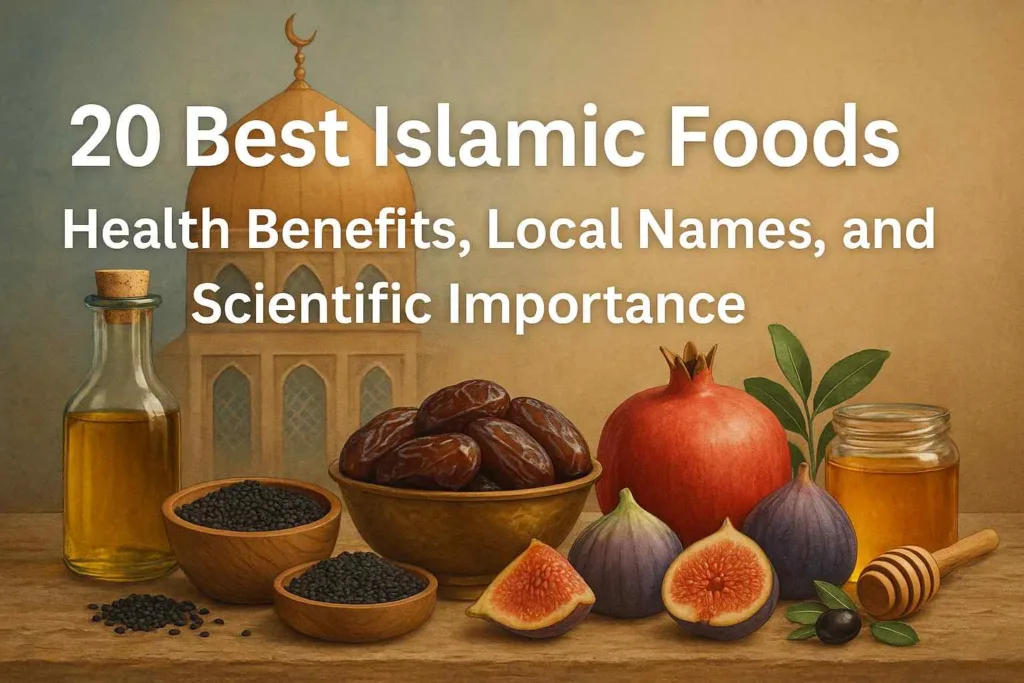
Islam teaches us to live a healthy life, and the Prophet Muhammad (peace be upon him) has guided us towards many foods that are not just delicious but also very healthy. These Islamic foods are mentioned in the Quran and Hadith, and today, science has also proved their amazing health benefits.
In this blog, we will explore 20 best Islamic foods, their scientific health benefits, local names, and their connection to Islam. This blog is written in simple English so everyone can easily understand and benefit from it.
List of 20 Best Islamic Foods ⬇️
Islamic Connection: Dates were the favorite food of Prophet Muhammad (PBUH) and are mentioned in the Quran. Muslims break their fast with dates.
Local Name: Khajoor (India, Pakistan), Tamr (Arabic)
Scientific Benefit: Rich in natural sugar, fiber, potassium, and antioxidants. Dates give instant energy and improve digestion.
Why It’s Essential: Sunnah to eat, high energy booster, good for heart health.

Islamic Connection: Dates were the favorite food of Prophet Muhammad (PBUH) and are mentioned in the Quran. Muslims break their fast with dates.
Local Name: Khajoor (India, Pakistan), Tamr (Arabic)
Scientific Benefit: Rich in natural sugar, fiber, potassium, and antioxidants. Dates give instant energy and improve digestion.
Why It’s Essential: Sunnah to eat, high energy booster, good for heart health.
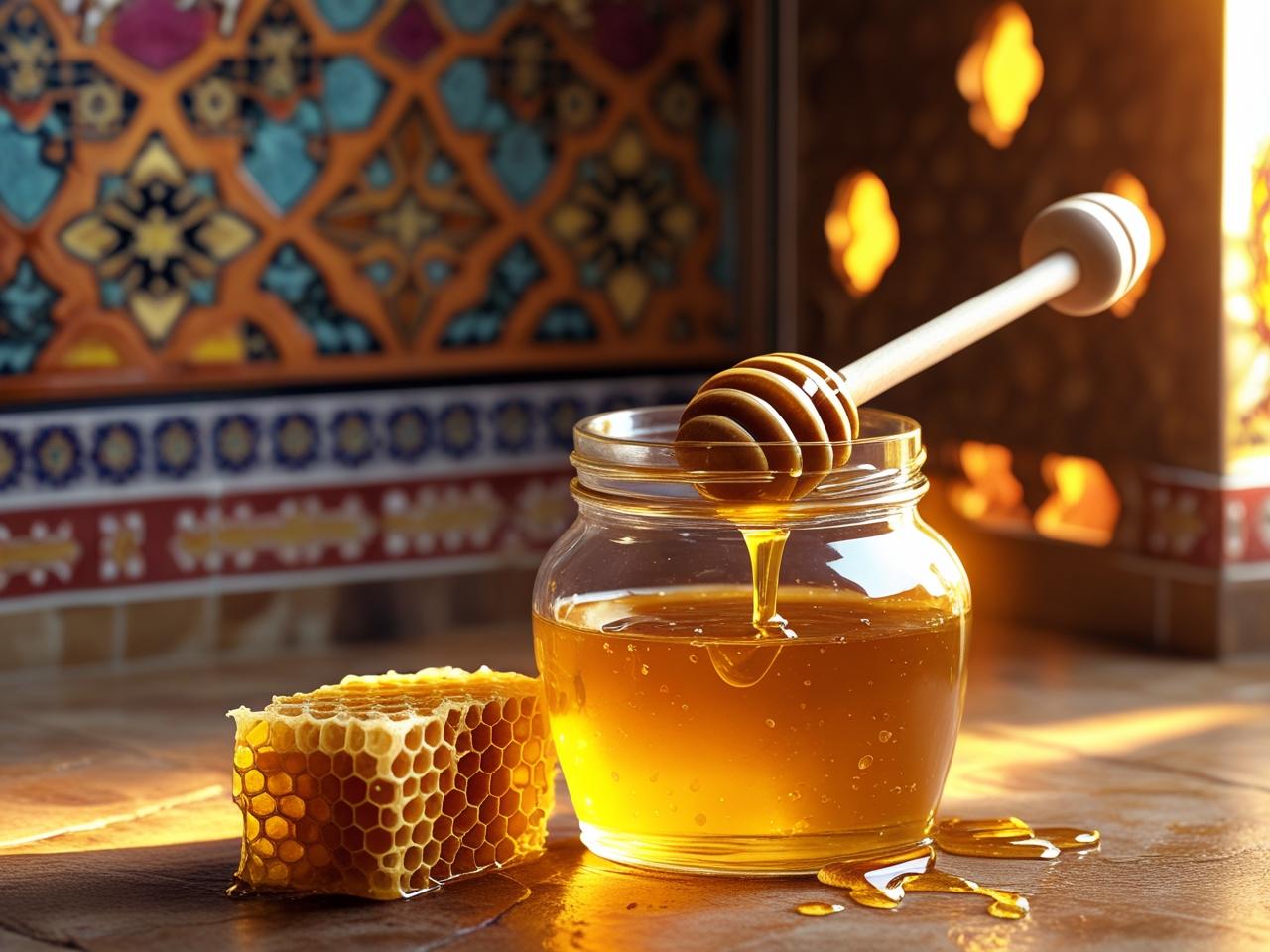
Islamic Connection: Allah swears by the olive in the Quran. Prophet Muhammad (PBUH) recommended using olive oil.
Local Name: Zaitoon (India, Pakistan), Zeitoun (Arabic)
Scientific Benefit: Good for heart, controls cholesterol, rich in antioxidants.
Why It’s Essential: Quranic food, Sunnah to apply olive oil.
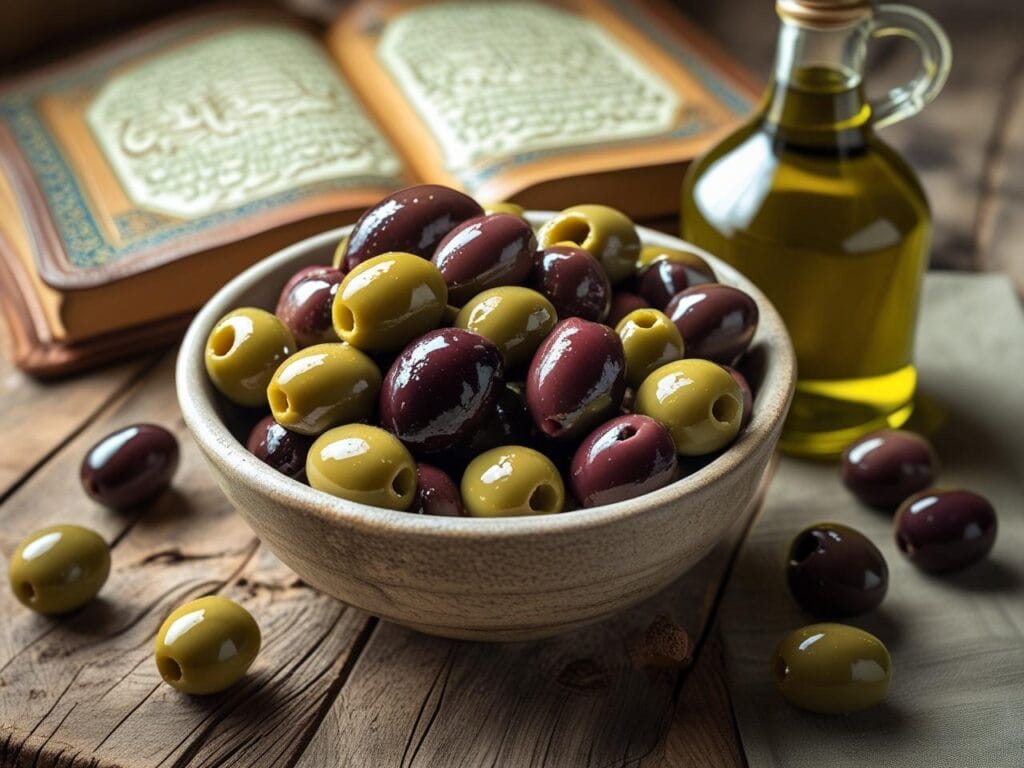
4. Black Seed (Kalonji)
Islamic Connection: Prophet Muhammad (PBUH) said, “Black seed is a cure for every disease except death.” (Sahih Bukhari)
Local Name: Kalonji (India, Pakistan), Habbat al-Barakah (Arabic)
Scientific Benefit: Boosts immunity, controls sugar, fights bacteria.
Why It’s Essential: Sunnah, proven healing power.
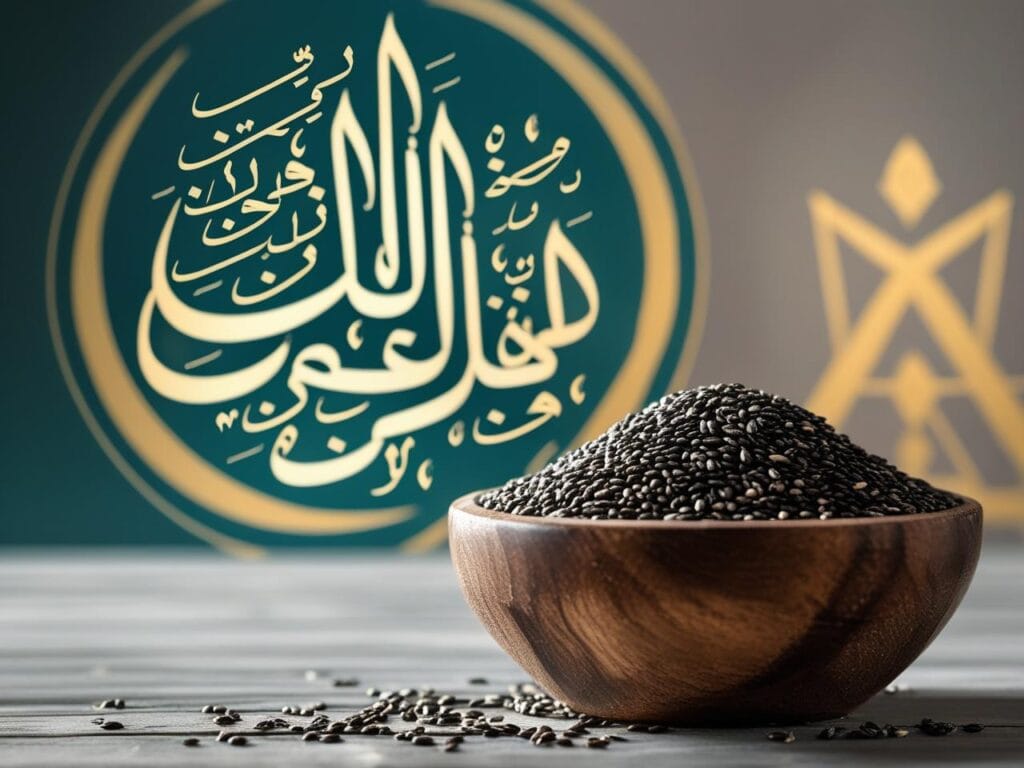
5. Figs (Anjeer)
Islamic Connection: Allah mentions the fig in Surah At-Tin.
Local Name: Anjeer (India, Pakistan), Teen (Arabic)
Scientific Benefit: High in fiber, good for digestion, controls blood pressure.
Why It’s Essential: Quranic food, natural laxative.
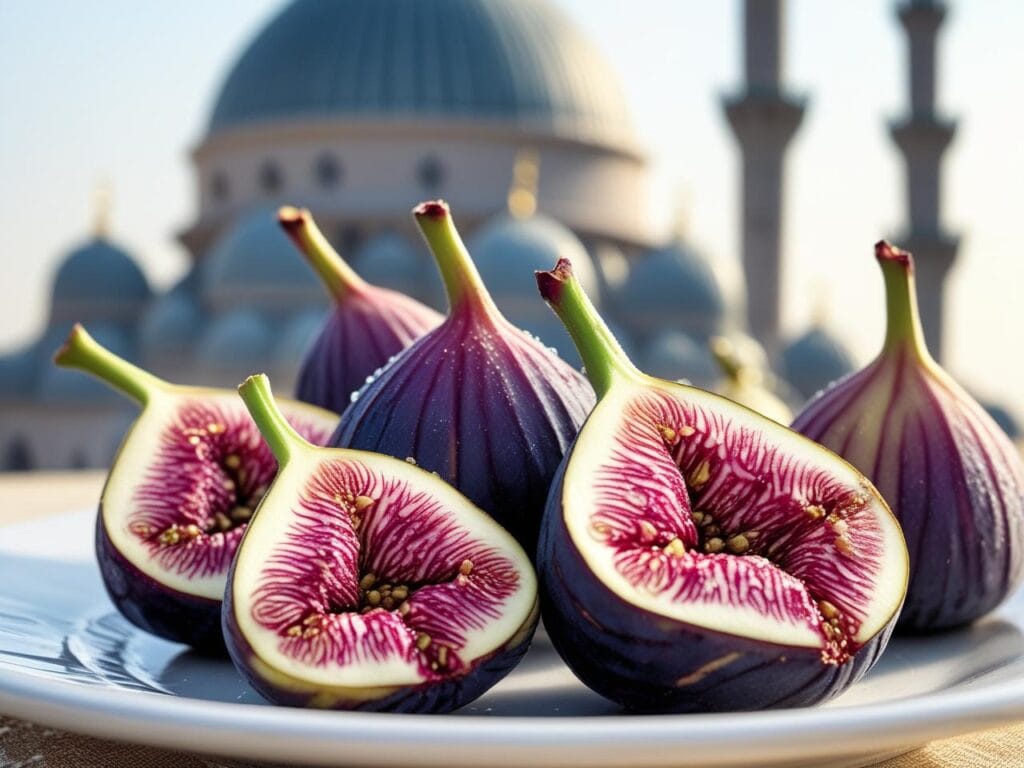
6. Barley (Jau)
Islamic Connection: Prophet Muhammad (PBUH) used barley in many foods.
Local Name: Jau (India, Pakistan), Shaeer (Arabic)
Scientific Benefit: Good for heart, helps weight loss, controls sugar.
Why It’s Essential: Sunnah food, good daily grain.
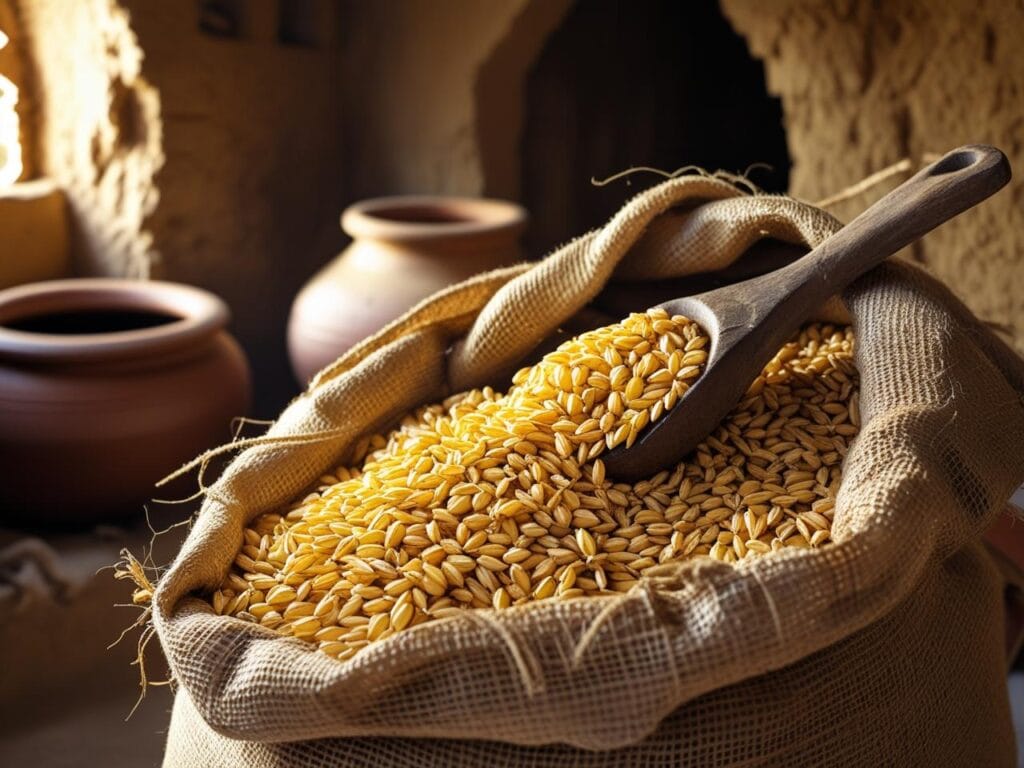
7. Grapes (Angoor)
Islamic Connection: Grapes are mentioned in the Quran many times.
Local Name: Angoor (India, Pakistan), Inab (Arabic)
Scientific Benefit: Good for brain, controls sugar level, rich in antioxidants.
Why It’s Essential: Quranic food, natural sweet energy.
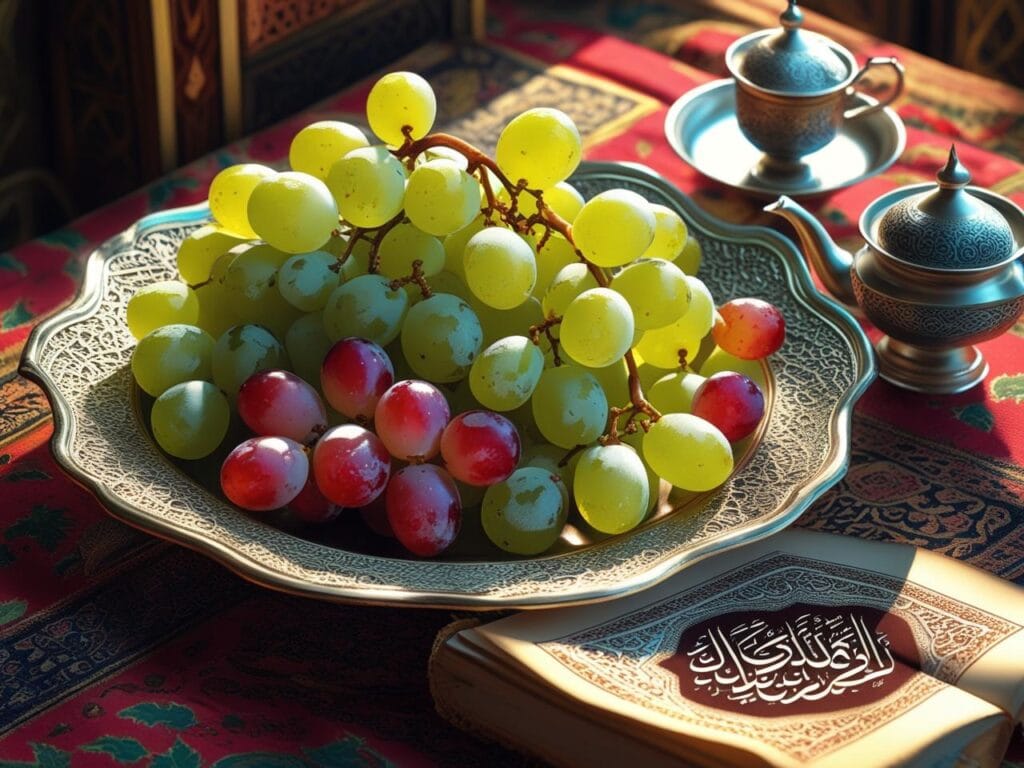
8. Pomegranate (Anaar)
Islamic Connection: Mentioned in the Quran as a fruit of paradise.
Local Name: Anaar (India, Pakistan), Rumman (Arabic)
Scientific Benefit: Rich in iron, good for heart, fights inflammation.
Why It’s Essential: Quranic fruit, protects against diseases.
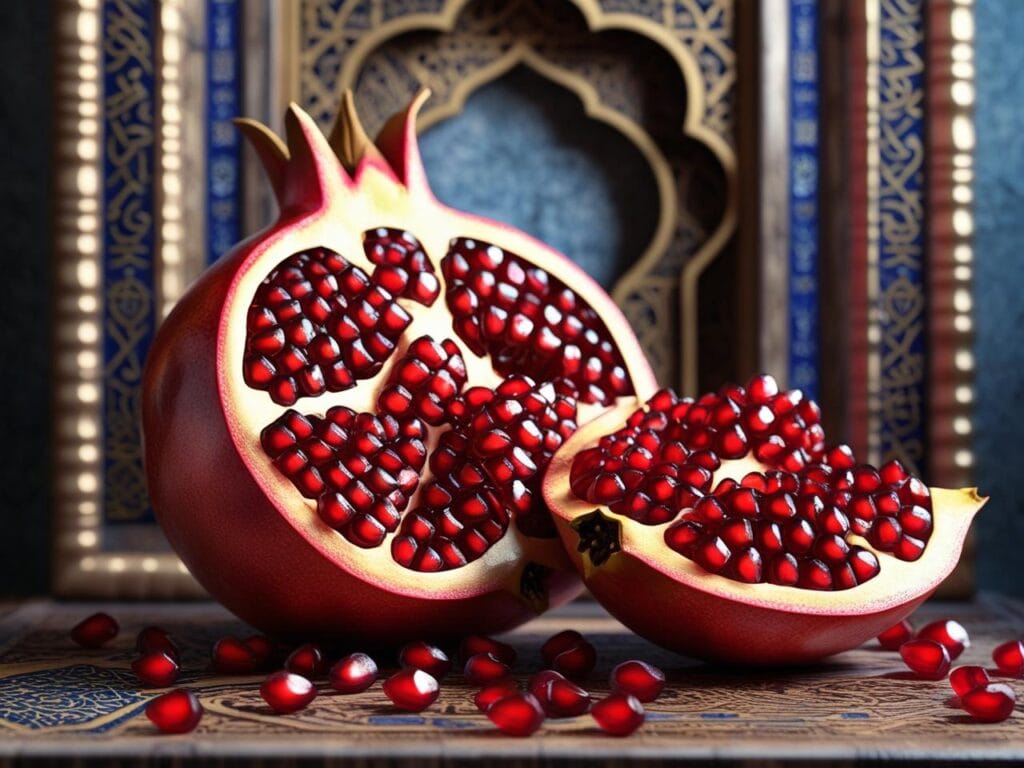
9. Milk (Doodh)
Islamic Connection: The Prophet Muhammad (PBUH) loved drinking milk and recommended it.
Local Name: Doodh (India, Pakistan), Haleeb (Arabic)
Scientific Benefit: High in calcium, good for bones, builds strength.
Why It’s Essential: Sunnah drink, natural body strengthener.
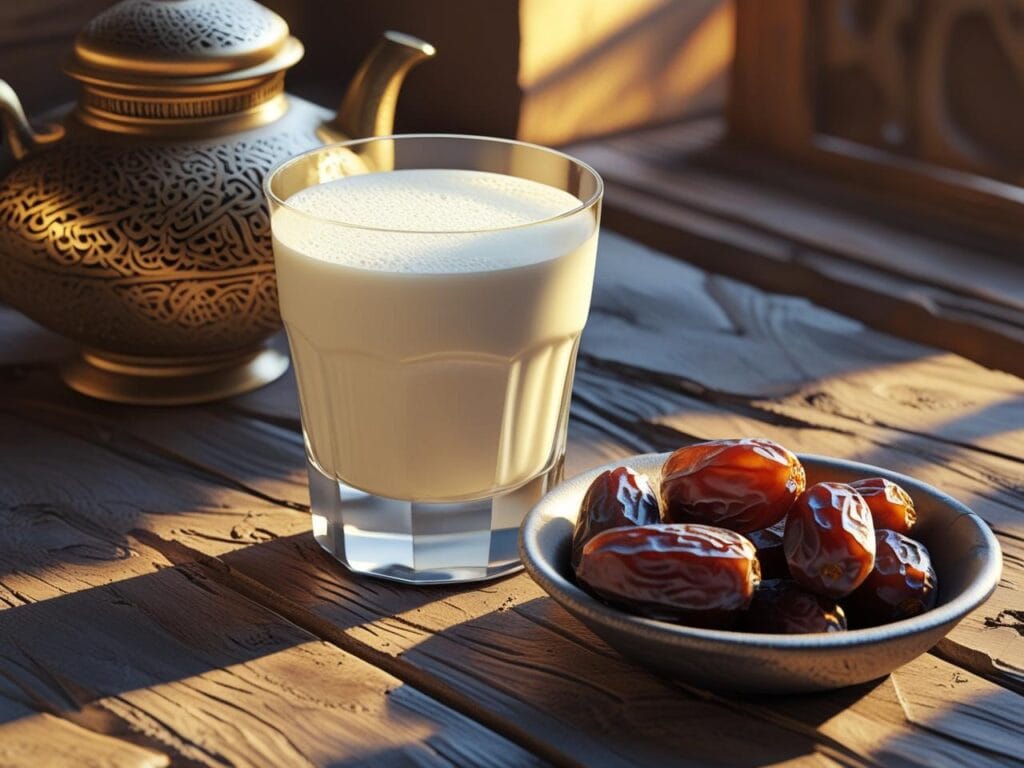
10. Watermelon (Tarbooz)
Islamic Connection: Prophet Muhammad (PBUH) used to eat watermelon with dates.
Local Name: Tarbooz (India, Pakistan), Battikh (Arabic)
Scientific Benefit: Hydrates body, good for skin, improves digestion.
Why It’s Essential: Sunnah fruit, perfect summer food.
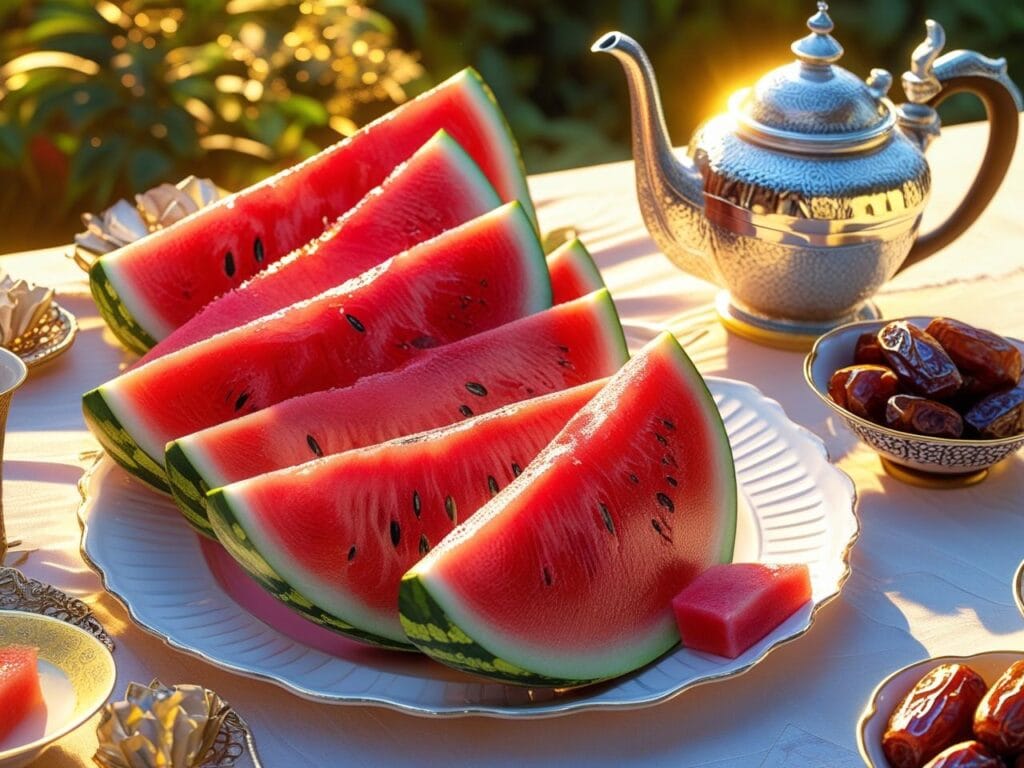
11. Cucumber (Kheera)
Islamic Connection: Prophet Muhammad (PBUH) ate cucumbers with dates.
Local Name: Kheera (India, Pakistan), Khiyar (Arabic)
Scientific Benefit: Hydrates, good for skin, helps in weight loss.
Why It’s Essential: Sunnah vegetable, cools the body.
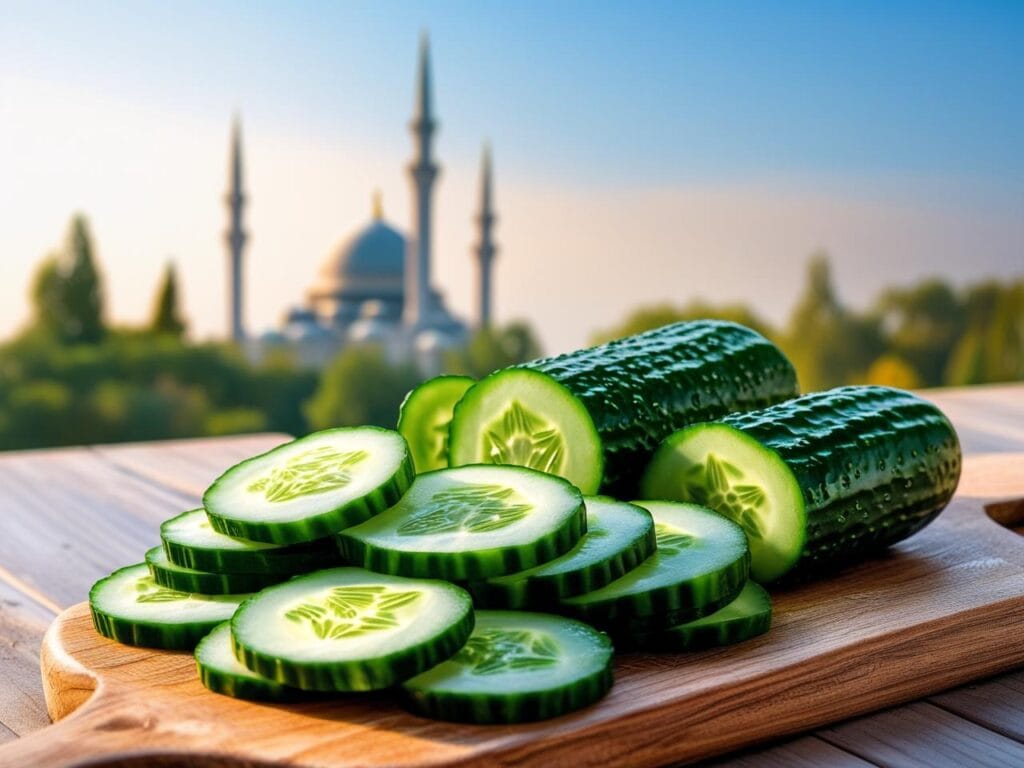
12. Vinegar (Sirka)
Islamic Connection: Prophet Muhammad (PBUH) said vinegar is a good condiment.
Local Name: Sirka (India, Pakistan), Khal (Arabic)
Scientific Benefit: Controls blood sugar, good for digestion.
Why It’s Essential: Sunnah condiment, healthy addition.
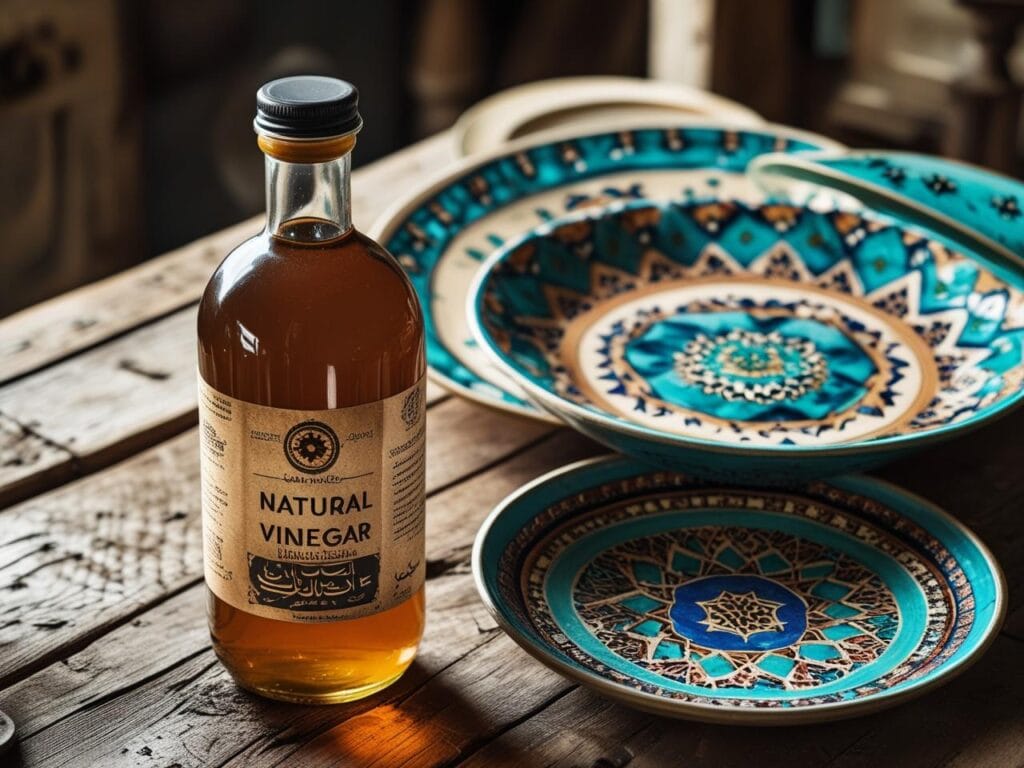
13. Melon (Kharbooja)
Islamic Connection: Prophet Muhammad (PBUH) liked eating melon.
Local Name: Kharbooja (India, Pakistan), Shammam (Arabic)
Scientific Benefit: Rich in water, vitamins, improves skin health.
Why It’s Essential: Sunnah fruit, excellent for hydration.
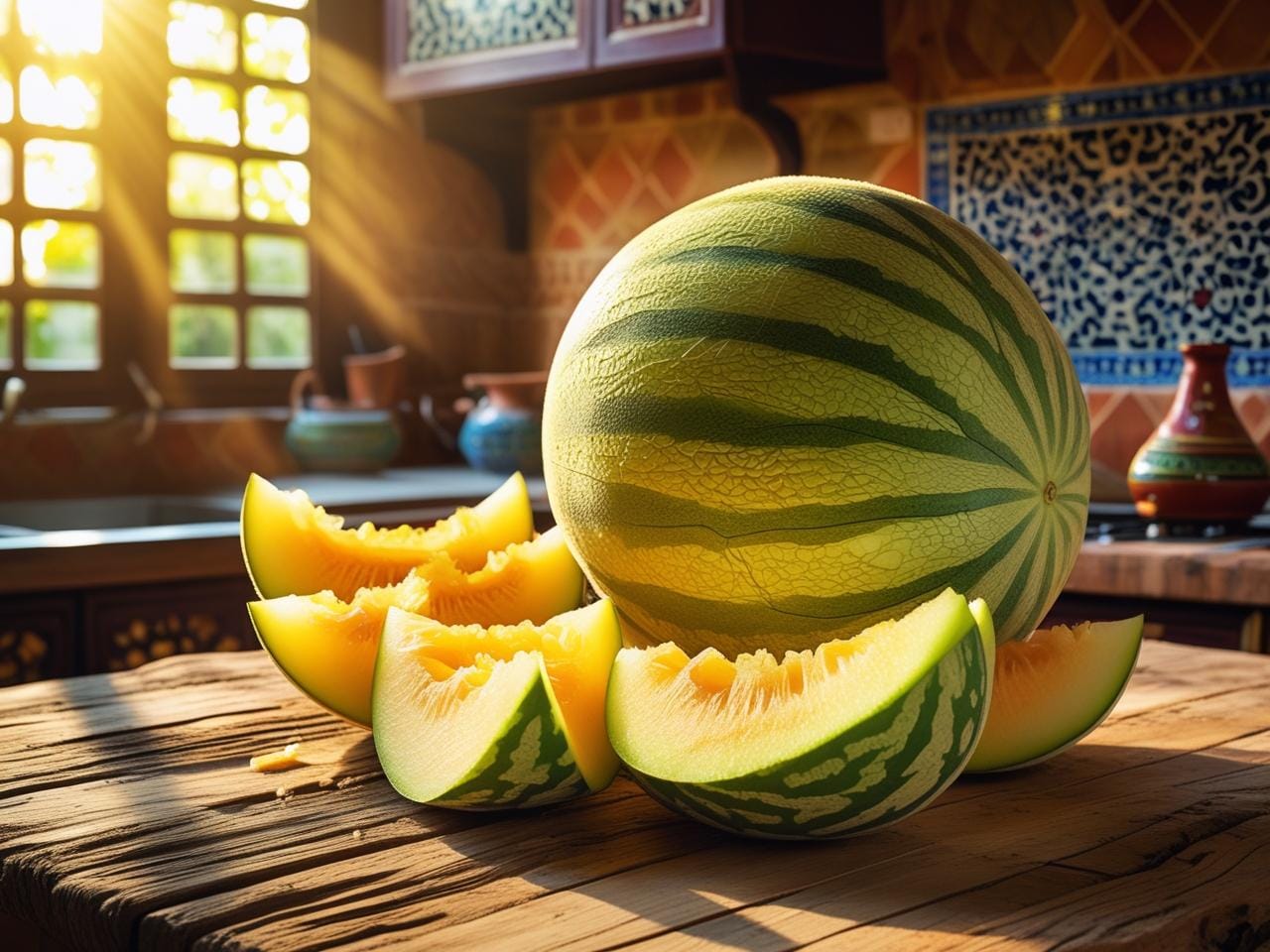
14. Pumpkin (Kaddu)
Islamic Connection: Prophet Muhammad (PBUH) loved pumpkin.
Local Name: Kaddu (India, Pakistan), Yaqtin (Arabic)
Scientific Benefit: Good for eyes, boosts immunity, low in calories.
Why It’s Essential: Sunnah vegetable, soft and easy to digest.
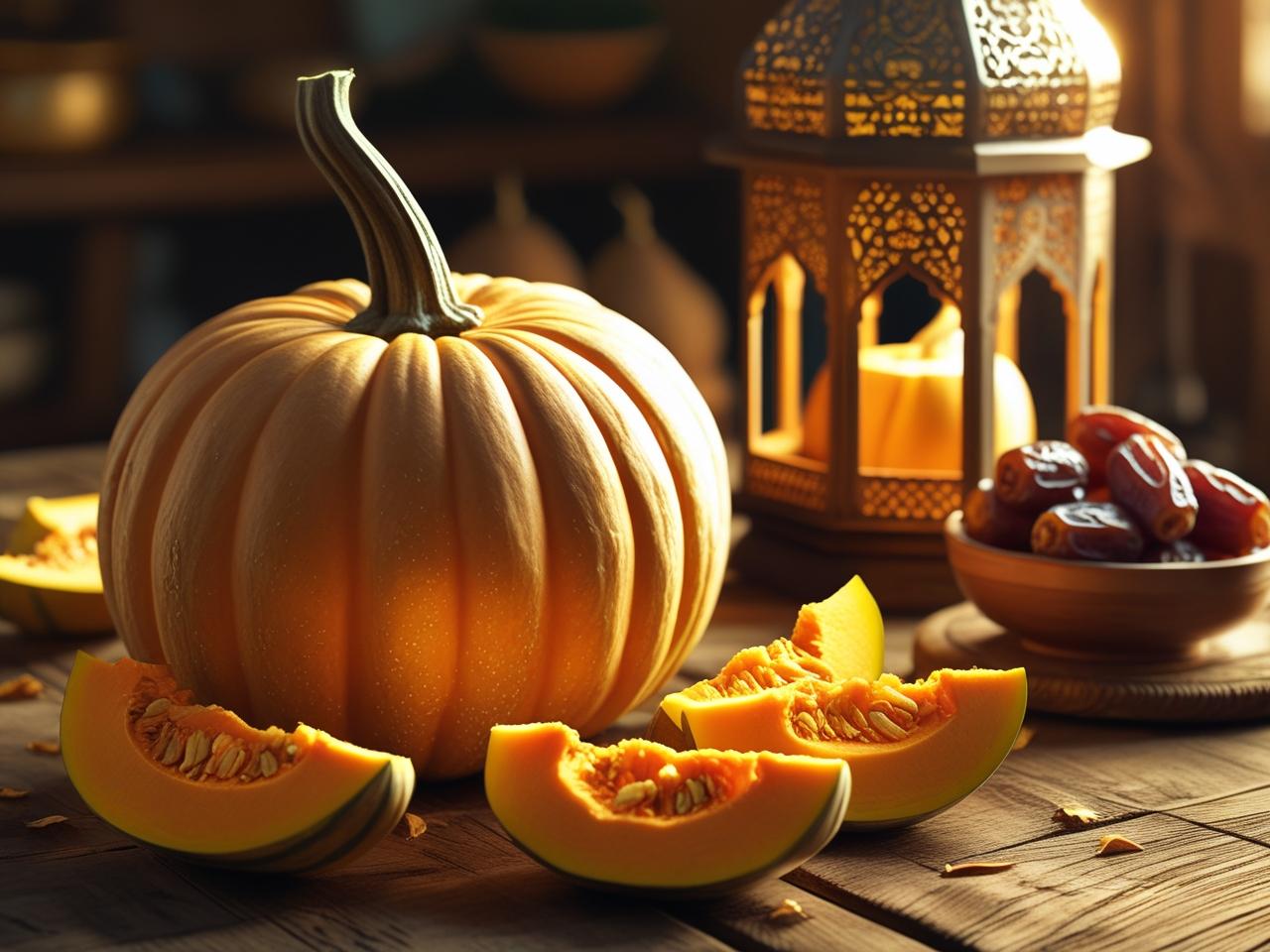
15. Meat (Gosht)
Islamic Connection: Prophet Muhammad (PBUH) ate meat and it is a source of strength.
Local Name: Gosht (India, Pakistan), Lahm (Arabic)
Scientific Benefit: High in protein, builds muscles, gives energy.
Why It’s Essential: Sunnah food, body strengthener.
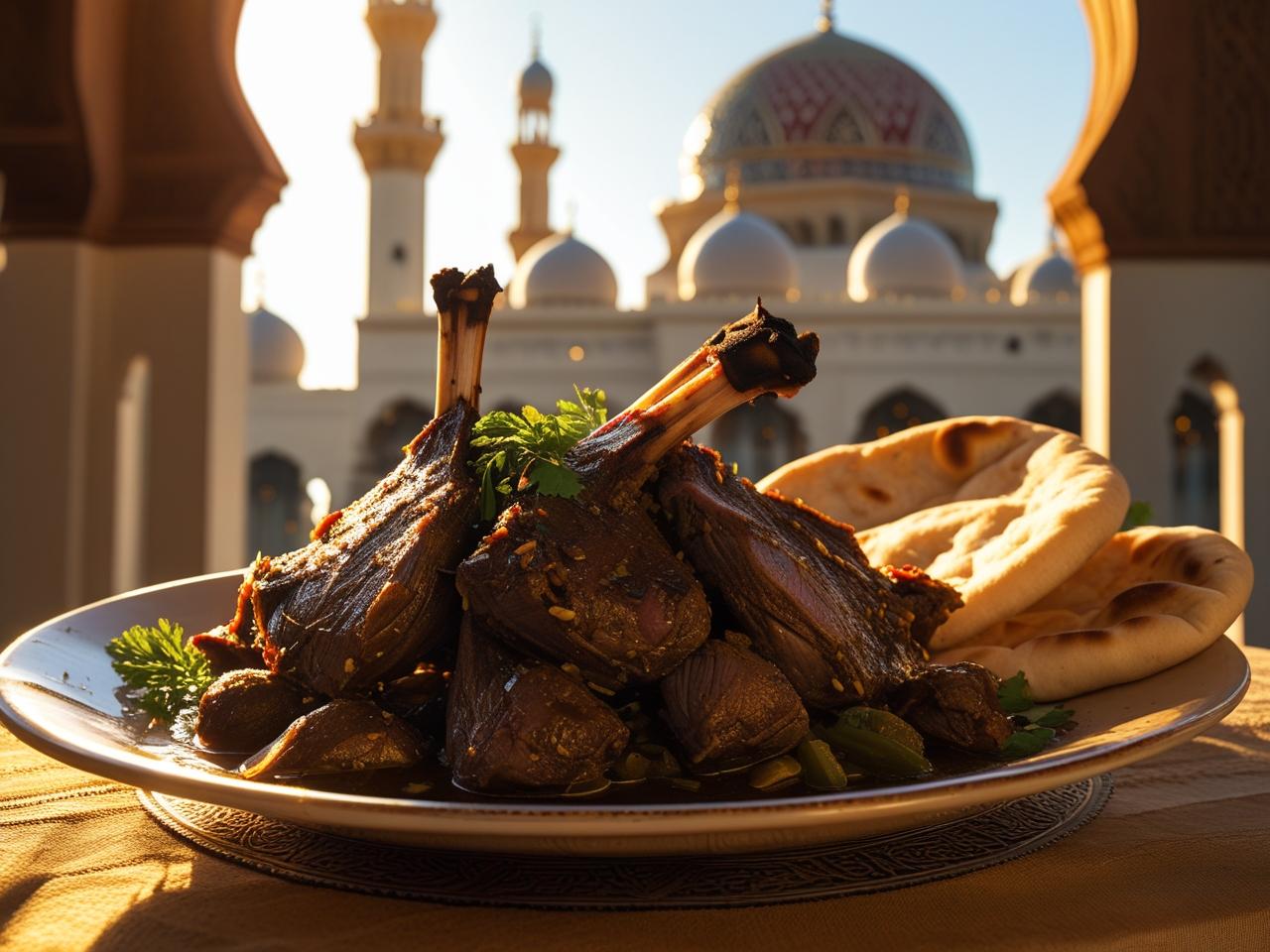
16. Gourd (Lauki)
Islamic Connection: Prophet Muhammad (PBUH) ate gourd with broth.
Local Name: Lauki (India, Pakistan), Qar’a (Arabic)
Scientific Benefit: Good for heart, reduces acidity, cools body.
Why It’s Essential: Sunnah vegetable, helps in digestion.
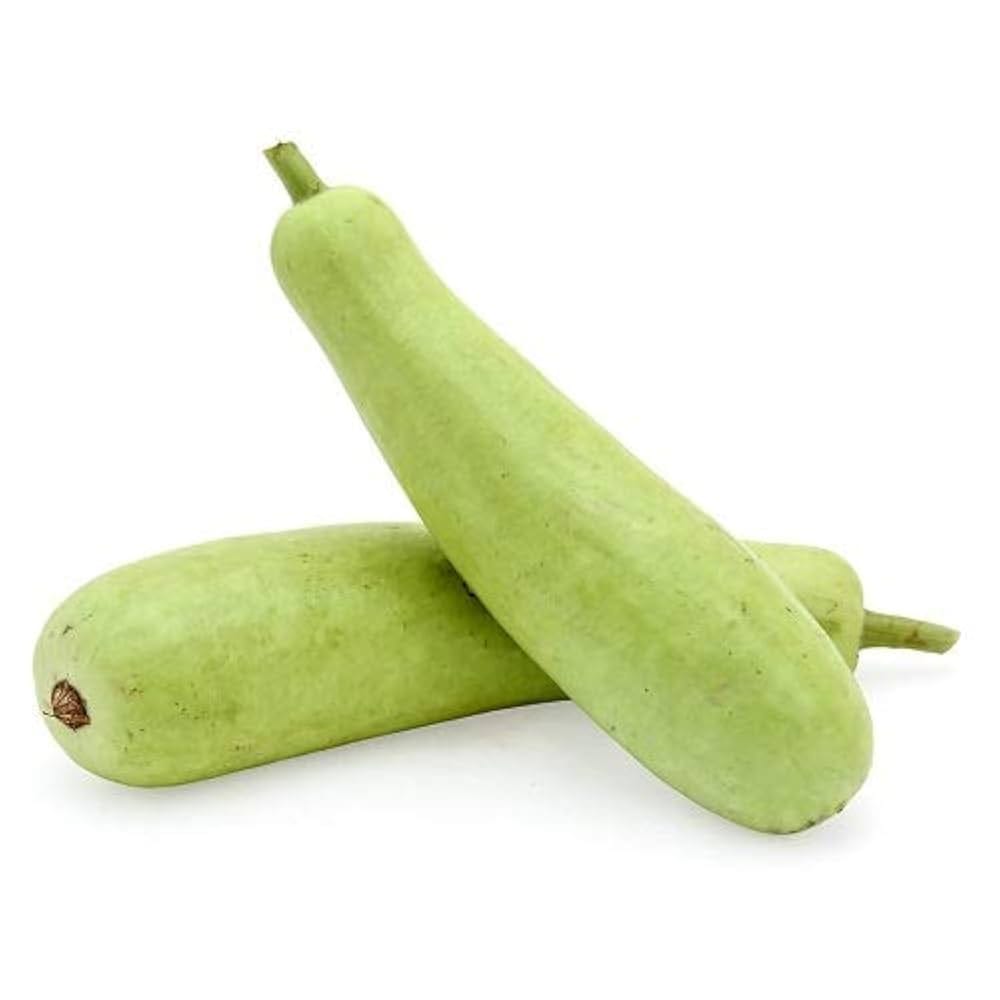
17. Water (Pani)
Islamic Connection: Prophet Muhammad (PBUH) taught to drink water in three sips while sitting.
Local Name: Pani (India, Pakistan), Maa (Arabic)
Scientific Benefit: Essential for life, keeps body hydrated, removes toxins.
Why It’s Essential: Sunnah to drink properly, best natural drink.

18. Lentils (Masoor Dal)
Islamic Connection: Mentioned in the Quran during the story of Bani Israel.
Local Name: Masoor Dal (India, Pakistan), Adas (Arabic)
Scientific Benefit: High in protein, controls cholesterol, good for heart.
Why It’s Essential: Quranic food, good vegetarian protein.
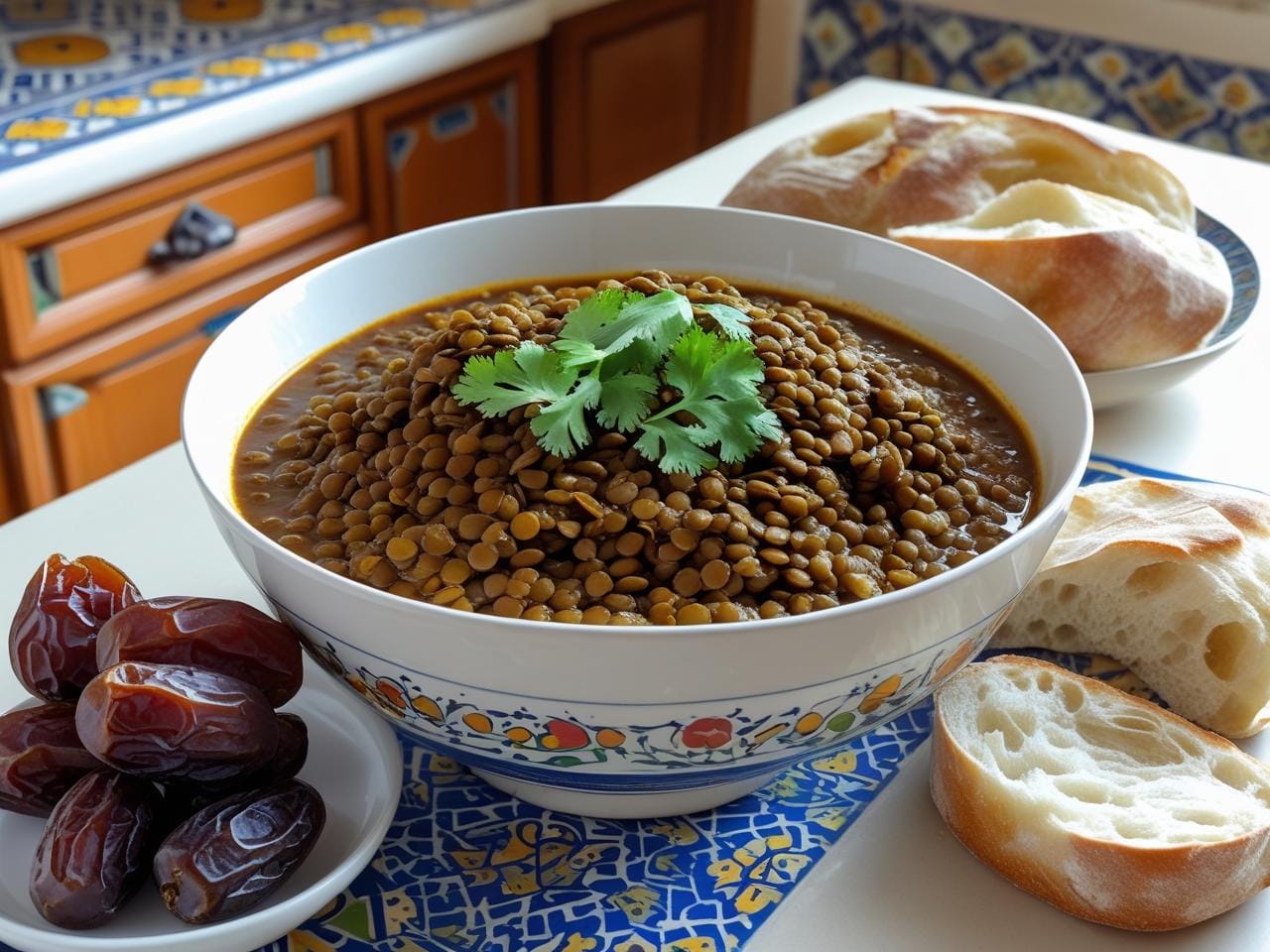
19. Mustard Seed (Sarson)
Islamic Connection: Prophet Muhammad (PBUH) referred to mustard seed in Hadith.
Local Name: Sarson (India, Pakistan), Khardal (Arabic)
Scientific Benefit: Improves digestion, fights infections.
Why It’s Essential: Sunnah seed, used for cooking and healing.
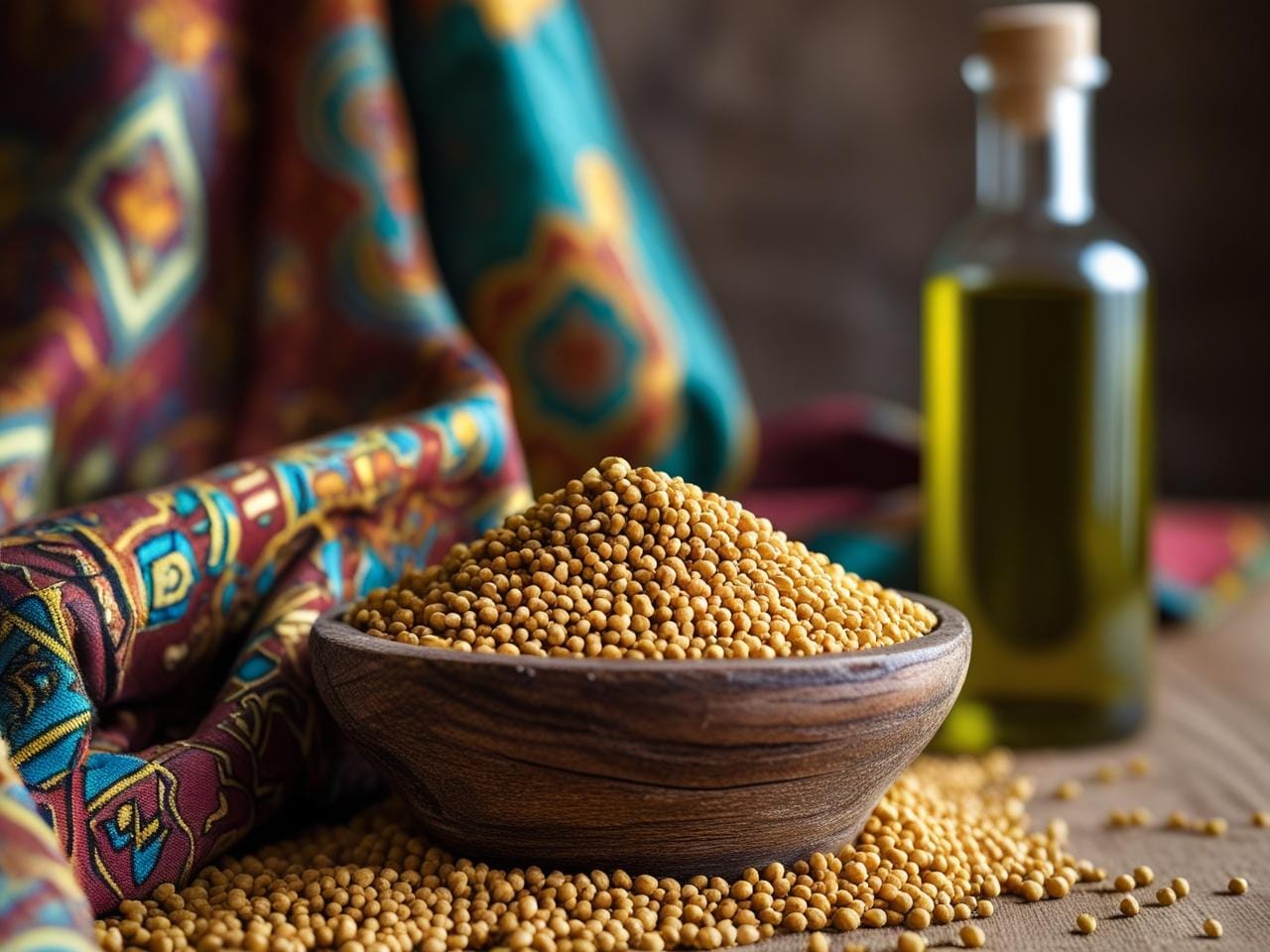
20. Seafood (Samundari Khana)
Islamic Connection: Prophet Muhammad (PBUH) said seafood is halal and pure.
Local Name: Machhli (India, Pakistan), Samak (Arabic)
Scientific Benefit: Rich in omega-3, good for brain, heart-friendly.
Why It’s Essential: Sunnah allowed, healthy protein source.
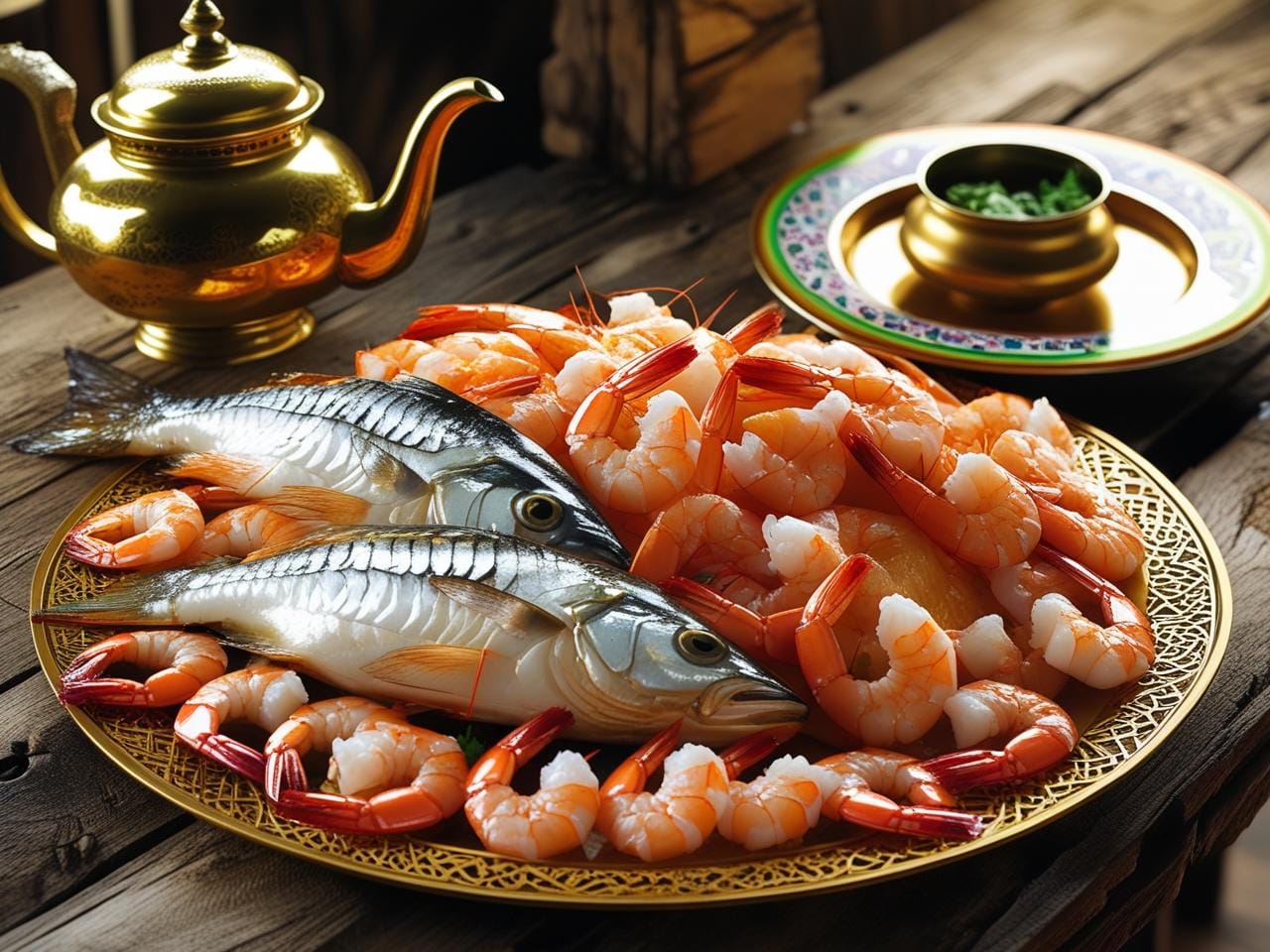
Conclusion
Islamic foods are not only connected to our faith but also give us proven scientific health benefits. Allah and His Messenger (PBUH) guided us towards these superfoods, and modern science is now confirming their importance.
Eating these foods brings barakah (blessings) and good health. Let’s try to add these Sunnah foods to our daily life and follow the beautiful guidance of Islam.
